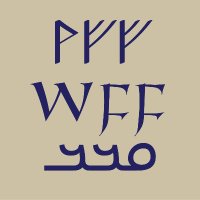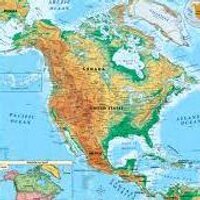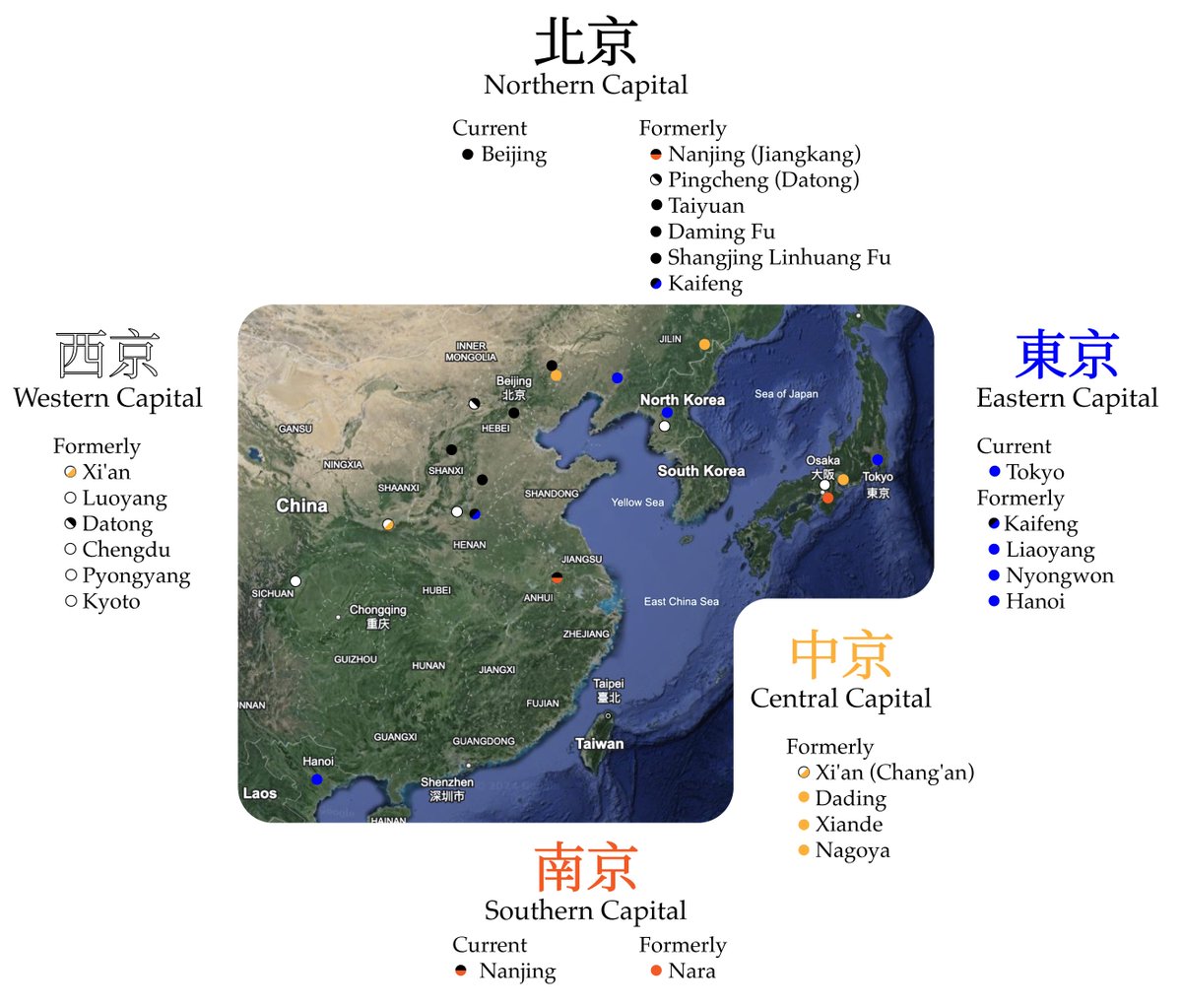
Alex Gahr
@germantakeaways
German lecturer @ULPGC | PhD student in Linguistics @UniversidadeUSC | 🇩🇪🇪🇸🇫🇷🇬🇷🇧🇷🇮🇹🇵🇱🇹🇷🇳🇱
ID: 768885218543603712
http://germantakeaways.com 25-08-2016 18:58:16
1,1K Tweet
159 Followers
227 Following


Best table for #polishprepositions EVER!! 🤩 All of them ordered by cases (#przypadki) with one meaning in English given and different colors, very helpful! Especially the #prepositions that work like German #wechselpräpositionen. Dzięki wielkie, Polski na wynos #polish #grammar










Progressive values slowly moving eastwards in Europe. Map by Landgeist Maps shows support for same-sex marriage by country. Source: buff.ly/4bJFyg5


I‘m happy to have the opportunity to present my #corpusresearch on German #prepositionalverbs with #DeReKo at the IDS Mannheim this Wednesday! ids-mannheim.de/aktuell/verans… Looking forward to your questions and comments! 🙂



















